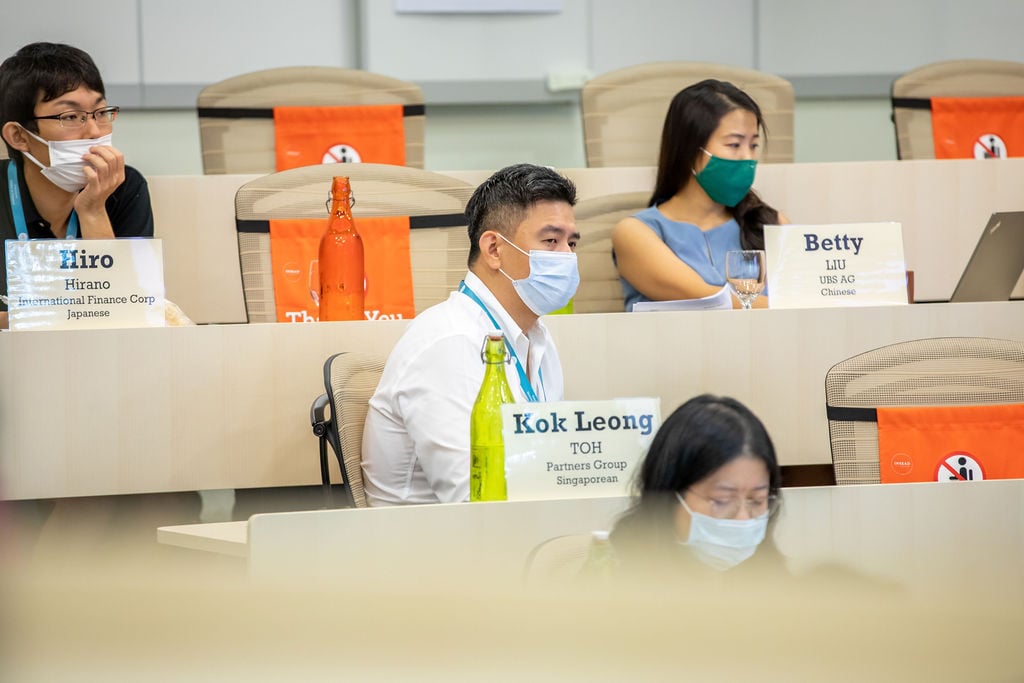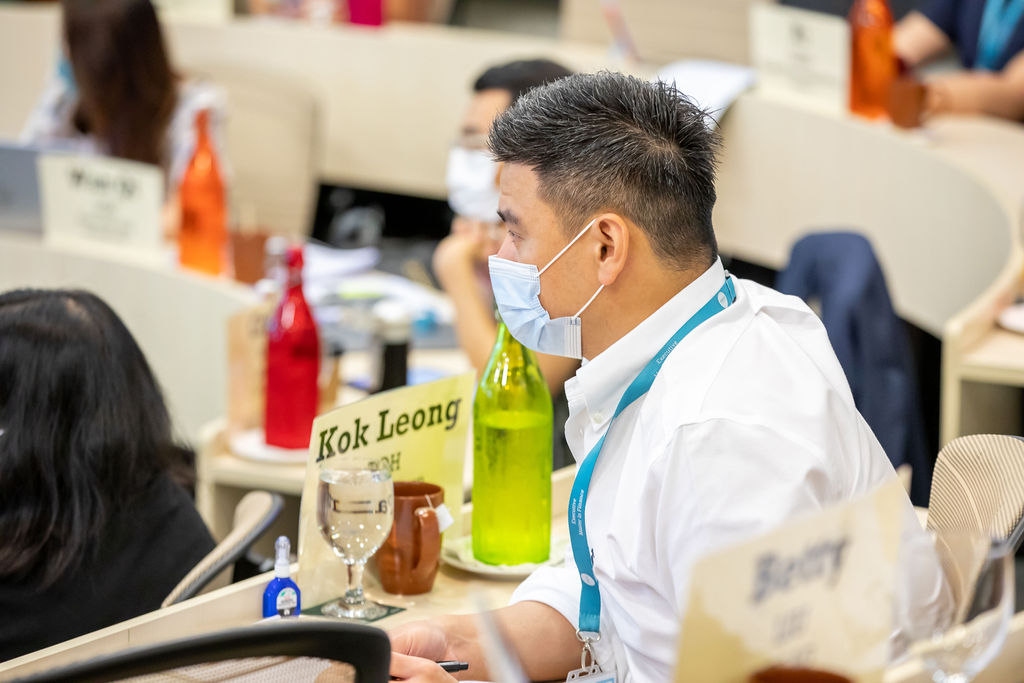
Light Bulb Moments During the EMFin
I am a Vice President of the Private Infrastructure Asia Pacific Investment team for Partners Group. I was motivated to pursue the Executive Master in Finance (EMFin) programme because I wanted to equip myself with the knowledge and experience to be able to drive my firm's infrastructure investment in Asia in the future.
I was drawn to INSEAD's small classroom interactions where faculty and participants could spend hours debating and talking about business issues and how each of us may approach the same issue differently because of our diverse backgrounds.
Business environments are now more connected that ever, but issues still require a strong understanding of the underlying facts and circumstances where local context is crucial. This is where real-life applications of professional knowledge are paramount. The comfort and security of being in a classroom setting would mean that discussions may likely be more open as compared to business settings where people may be concerned about making incorrect statements.
I came into the programme with fairly high expectations.
After all, INSEAD is known for being one the world’s leading business schools. And I must say that the experience so far has exceeded my expectations, despite the challenges and inconveniences posed by the ongoing COVID-19 pandemic.
The quality of the faculty and the small classroom environment has provided me with a number of light bulb moments.
One of the most memorable moments being the discussion on why companies are willing to pay higher and higher transaction multiples in a fast-consolidating sector. The image of a bigger shark eating a smaller shark who is eating an even smaller shark still sticks in my mind today.
When it comes to pursuing an executive programme, the theoretical materials are usually not new. What is new are the real-life applications and the extensive debates around the question of “why does this not work in Asia/Europe/Africa/Australia/etc or why does this not work in the current fintech era?”.
The programme really forces you to think and re-think about your preconceived norms.
You will be challenged to think deeper into the issue and ask yourself if the preconceived norm is valid under the “real-life circumstances” or just an excuse for “old habits”.
Unlike the Global Executive MBA (GEMBA) or the Tsinghua-INSEAD Executive MBA (TIEMBA), the EMFin is definitely more hard skill-oriented but interestingly, the hybrid learning experience means a development of a perhaps unintentional soft skill – working as a virtual team across the globe. You will be required to work in virtual teams and work to involve team members joining the discussion via Zoom (there are more team members physically based in Singapore, so the responsibility is on those to involve the others joining via Zoom).
I must say it is not always easy to do so under high time pressure to complete the group discussion but isn’t this the exact situation with today’s work environment when most people are working from home?
With three of the six modules completed, I am looking forward to the elective module in July (when I will be doing so via Zoom), working with my team members on our Capstone project and completing the remaining two more modules in November and February.
Just this sentence reminds me of how short but intense the programme has been and most importantly the fact that I have to make full use of the remaining time and opportunities to learn from the faculty and my fellow participants.






